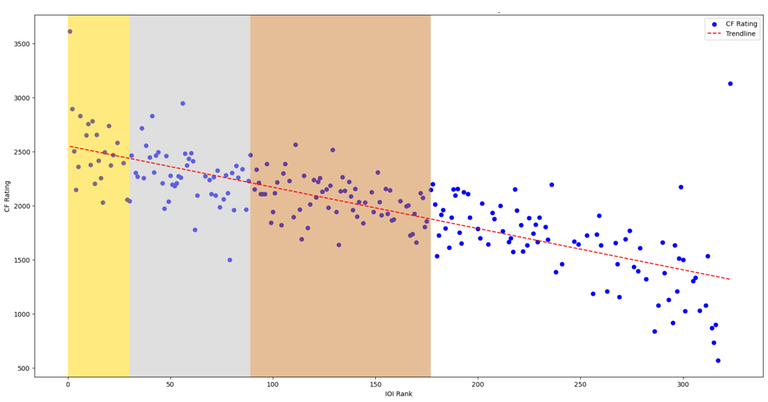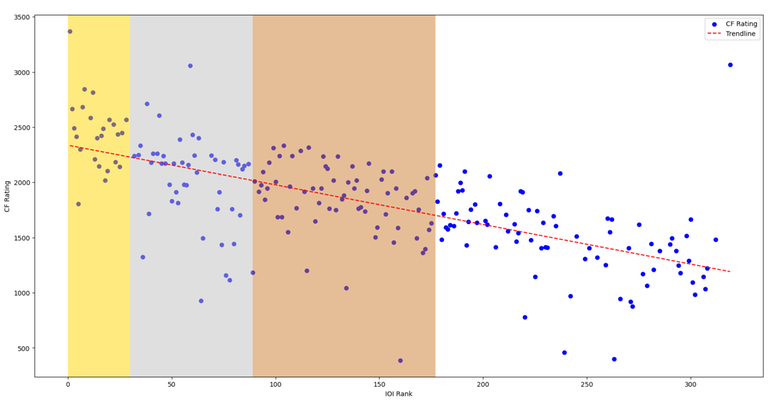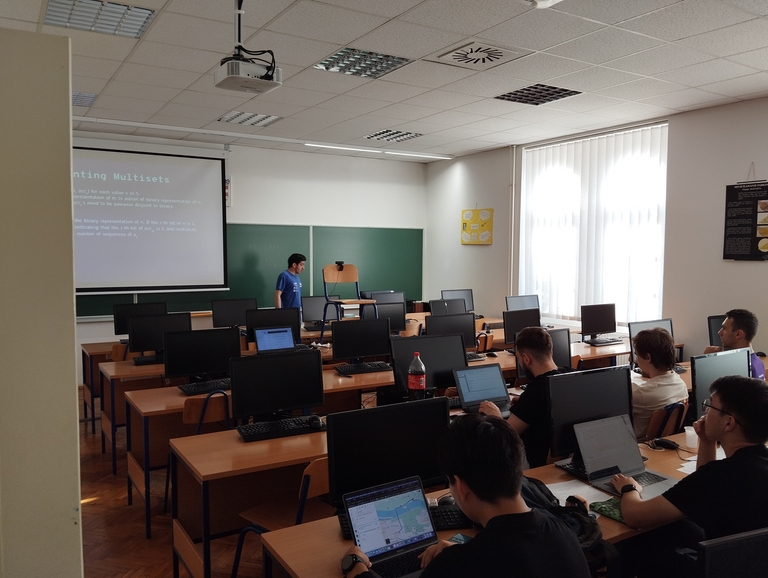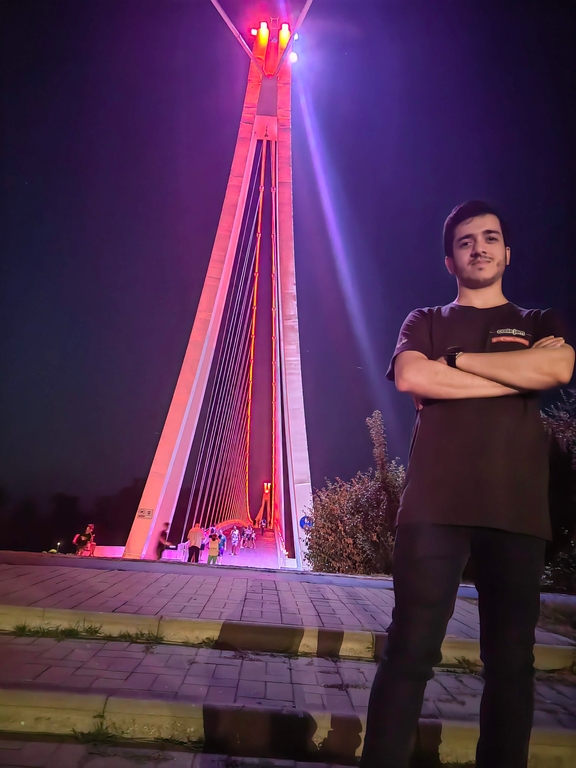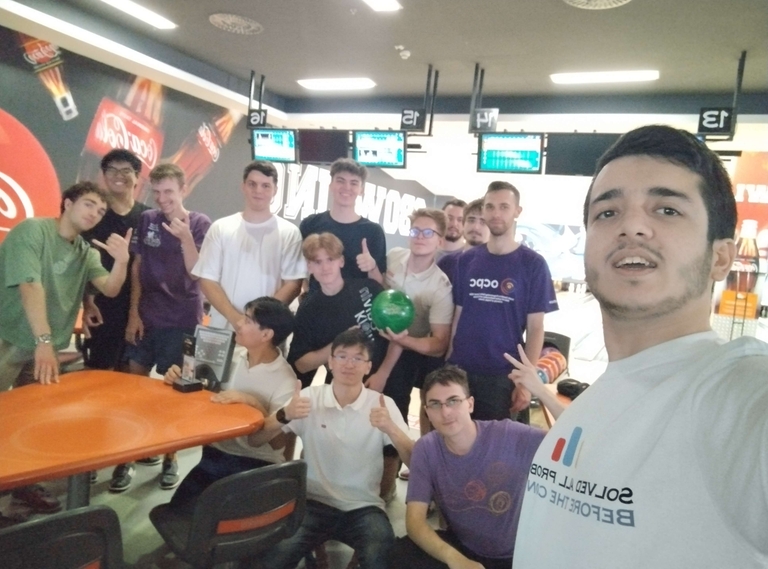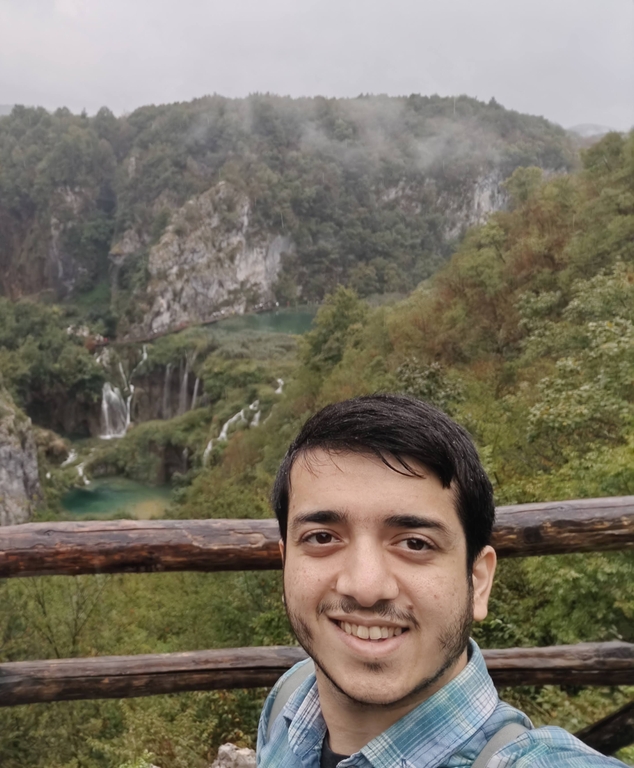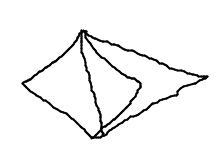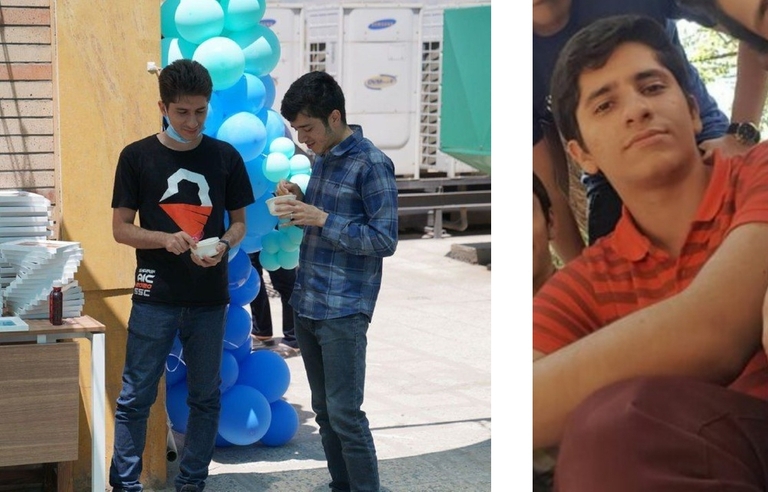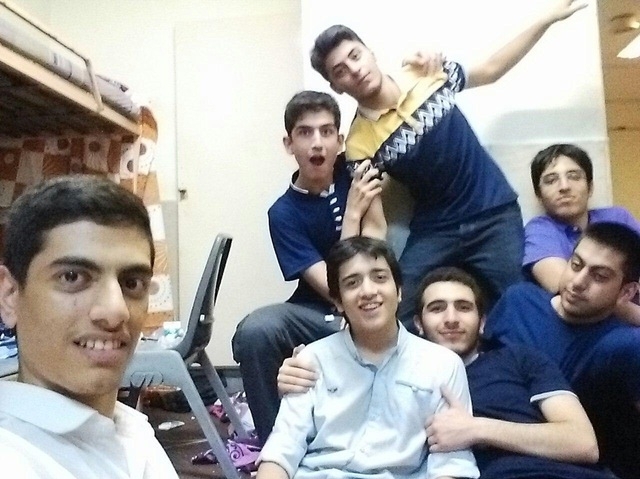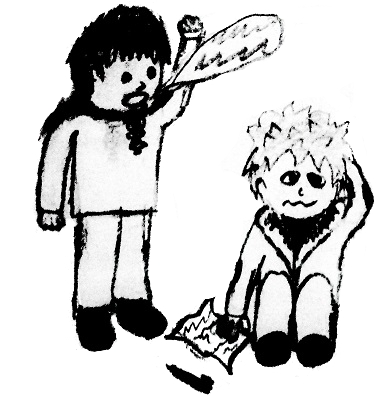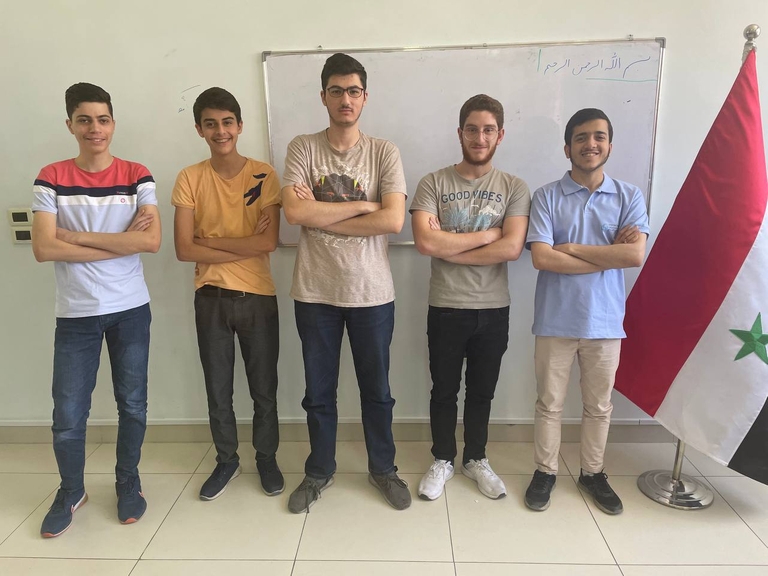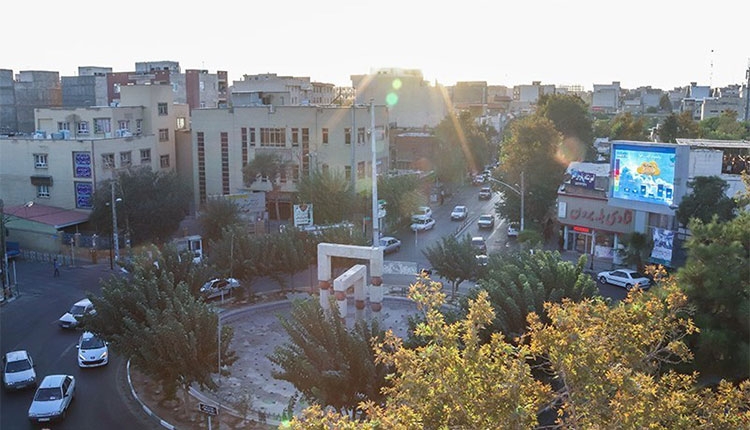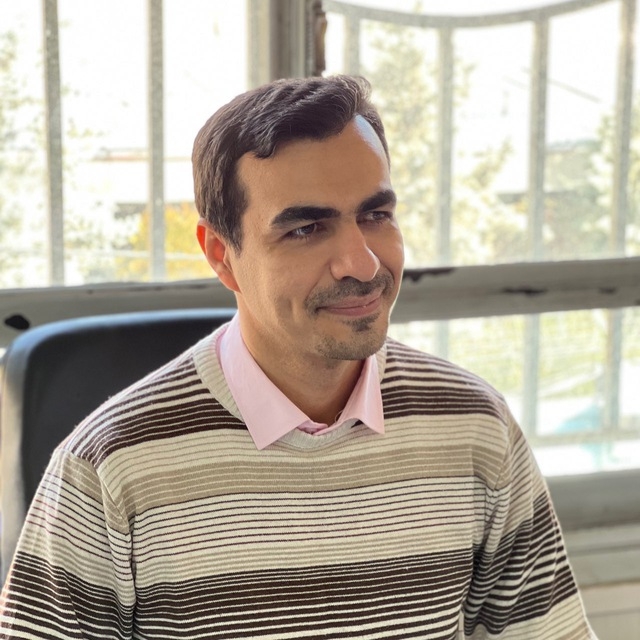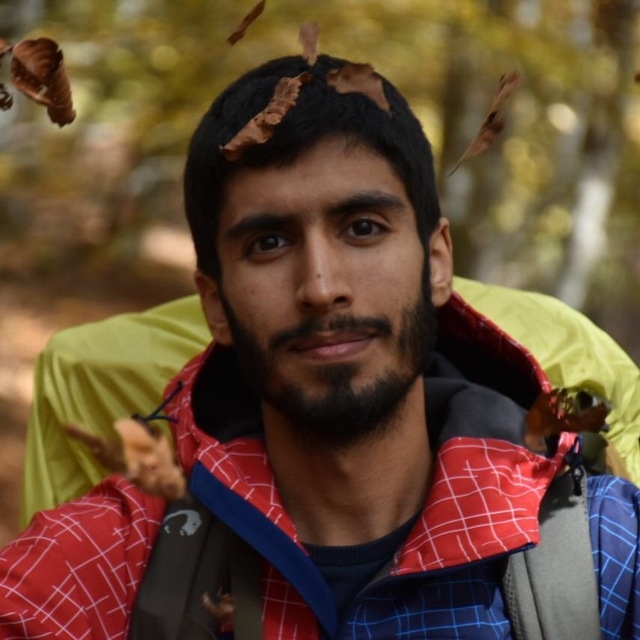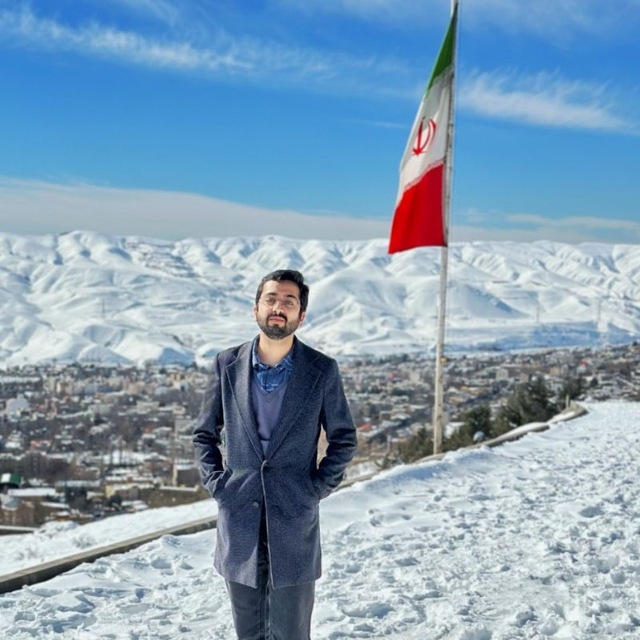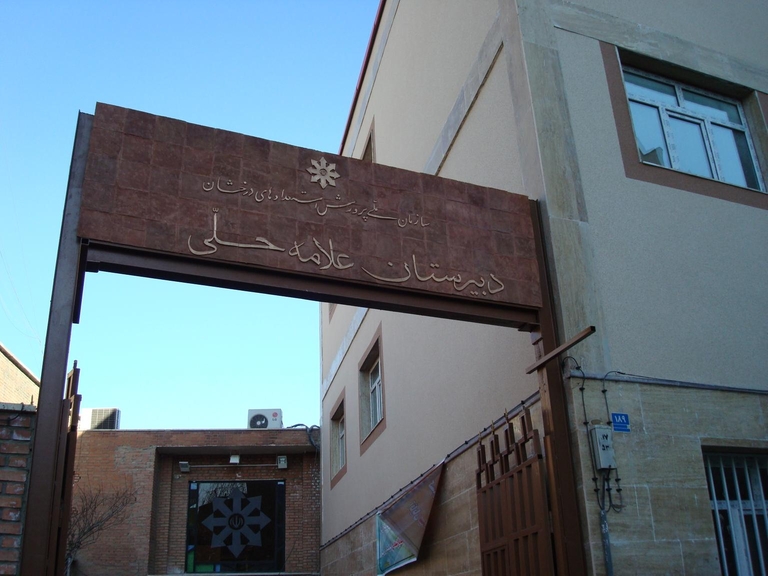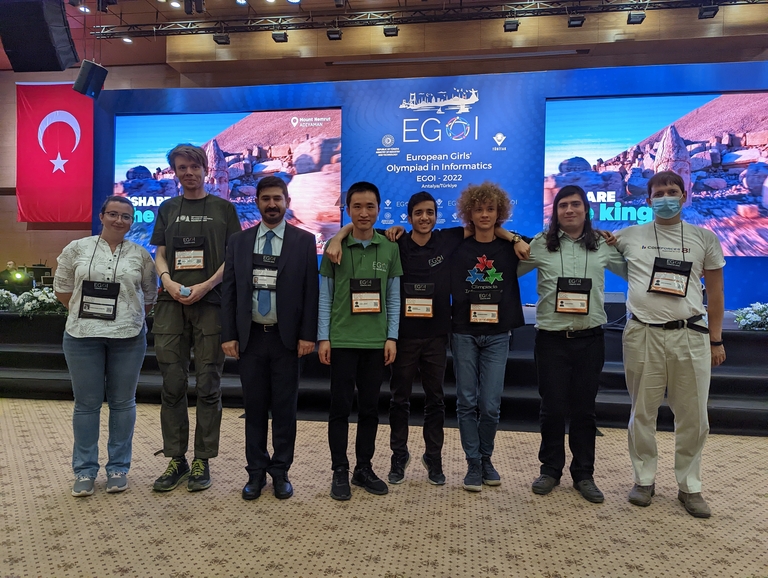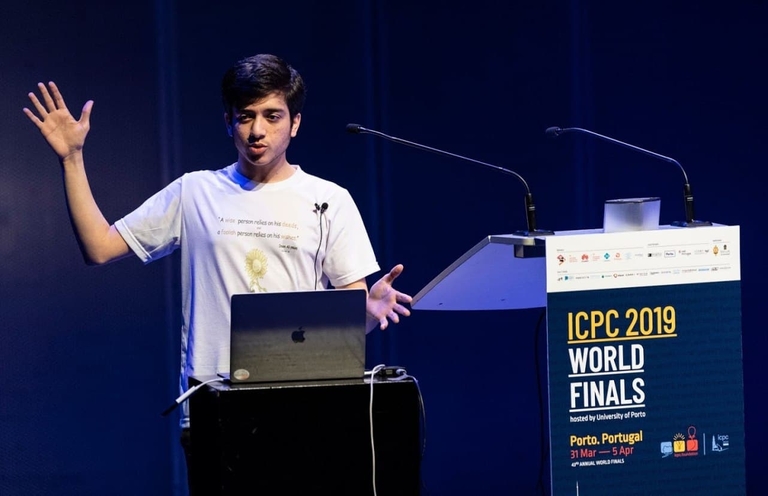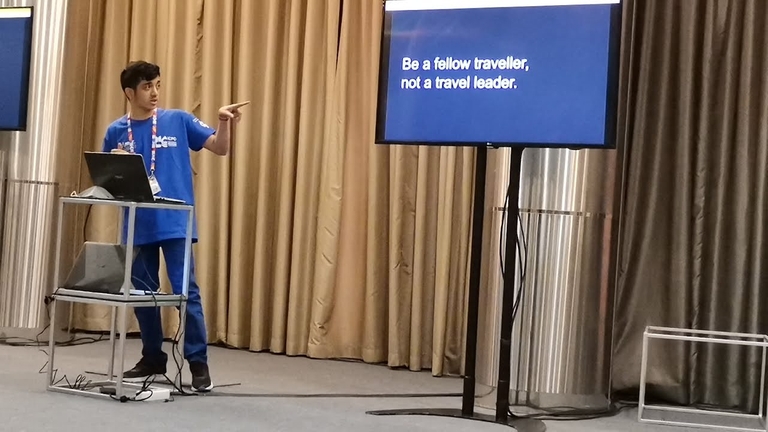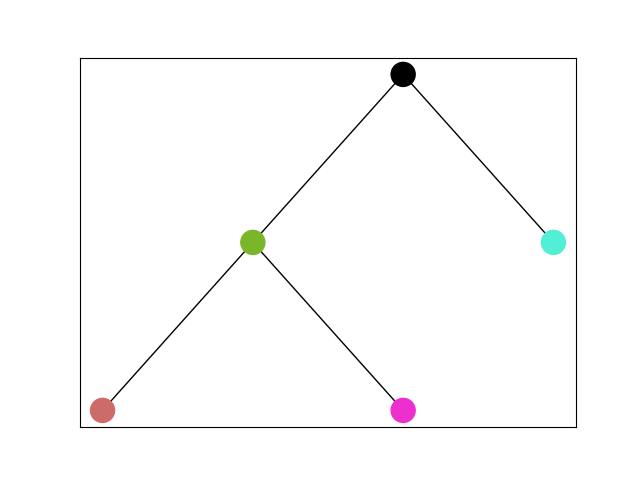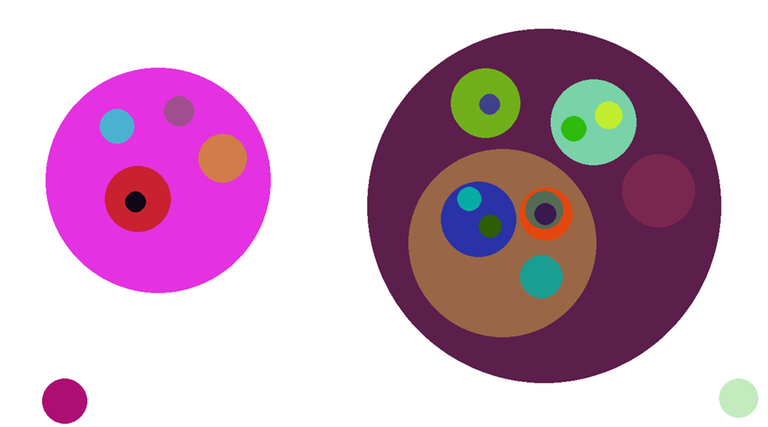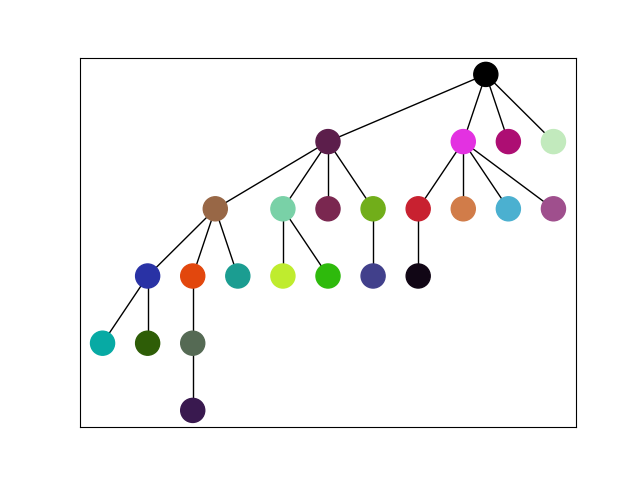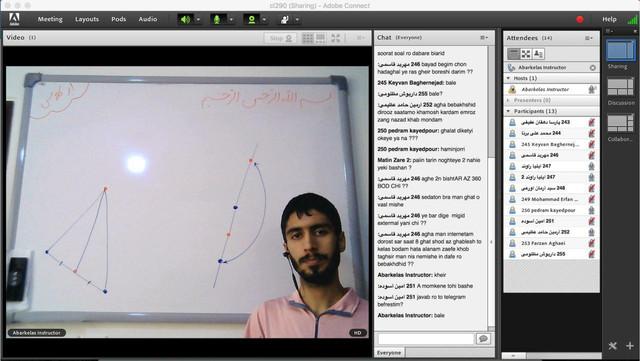Hey there!
Thank you for being part of the ICPC India Prelims 2024! 🚀
I've put together hints and solutions for the problems to help you reflect on the challenges. As the contest admin, I even recorded myself solving the problems live — it's a mix of strategy, insights, and a behind-the-scenes look at my thought process.
🎥 Watch the video here: https://youtu.be/NsIj7CgDPY8
Let me know what you think, and feel free to share your thoughts or questions! 😊
The problems are ordered from easy to hard.
Unsatisfying Array
AND Quest
Small Indices
Yet Another GCD Problem
Equations
Update:
I'm sorry about what happened in the ICPC prelims. The problems passed to me just 10 hours before the contest. As you can see in the video almost all the time I was just engaged with solving them. The time was such tight that I was occupied with just solving the problems to finish them before the contest started. I didn't have any time to test.
I know that the organizers are making a decision that will make everyone happy.










